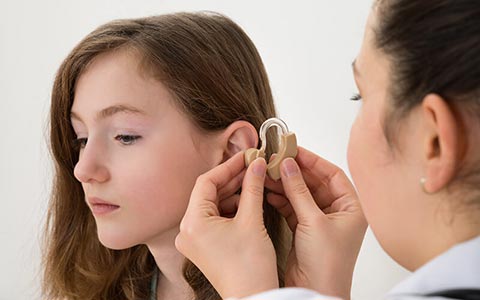Drinking water is a simple yet crucial way of maintaining health in daily life, as it constitutes about 65% of the human body and is essential for good health. Water not only helps relieve minor colds but also nourishes the body and promotes metabolism. However, correct water intake requires attention to detail:
The color of urine is an intuitive indicator of whether water intake is adequate. A light yellow color is normal, while a color that is too dark indicates the need to increase water intake, and too light a color may suggest excessive water intake. While drinking a large amount of water quickly can quench thirst swiftly, it may burden the heart and should be avoided.
In traditional Chinese medicine, water is considered a great way to nourish yin and moisten dryness, emphasizing the importance of drinking water reasonably for health maintenance. Drinking water in the morning is a good habit, but it should be done in moderation and avoid cold water to prevent affecting the spleen yang. Children and the elderly are advised to drink about 100 milliliters, while adults can increase to a cup. Drinking room-temperature water on an empty stomach is optimal, as it helps dilute blood and promote intestinal motility.
For the first glass of water in the morning, freshly boiled water cooled to room temperature is the preferred choice because it is free of microbial contamination and rich in beneficial minerals for the body. Dilute saltwater is not suitable for morning consumption, as it may exacerbate dehydration, particularly affecting blood pressure negatively.
The water temperature is also crucial, as water that is too cold or too hot can irritate the stomach. Research shows that purified water at 20-25°C has the best biological activity, effectively promoting metabolism and enhancing immunity. When drinking water, sip slowly and avoid adverse reactions from drinking large amounts of water at once.
The daily water intake varies from person to person, with a general recommendation of at least 7-8 glasses per day (about 2.5 liters), which should be increased during exercise or in high-temperature environments. Drinking water half an hour before meals can nourish the stomach, while drinking green tea in the afternoon can help refresh and resist radiation. Bottled tea drinks on the market, due to their high sugar content, should not be consumed frequently.
Regarding different types of water, purified water is safe and easy to obtain but may lack minerals; mineral water is rich in minerals but carries contamination risks; mineral water is purified water with added minerals, each with its own advantages and disadvantages. Rehydrating timely after exercise is crucial, following hydration principles before, during, and after exercise to maintain fluid balance.
Additionally, understanding and utilizing diuretic foods such as watermelon, coffee, tea, and foods rich in dietary fiber can help effectively drain the body, maintain water balance, and promote health.
In conclusion, proper hydration is essential for daily health. By arranging water intake times and methods sensibly, selecting appropriate water temperatures and types, one can effectively improve quality of life and promote physical health.


